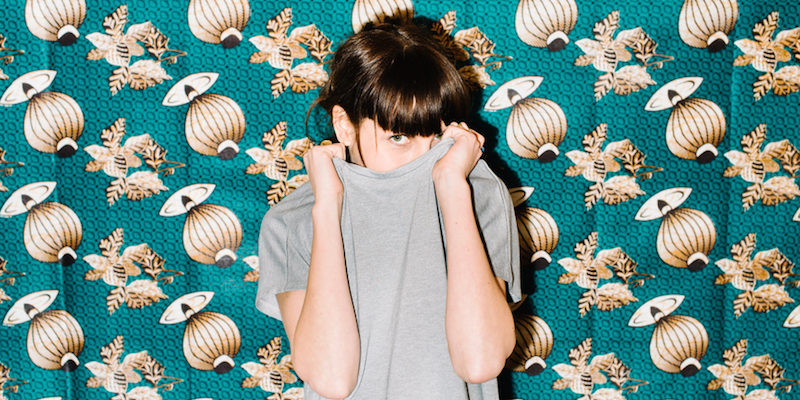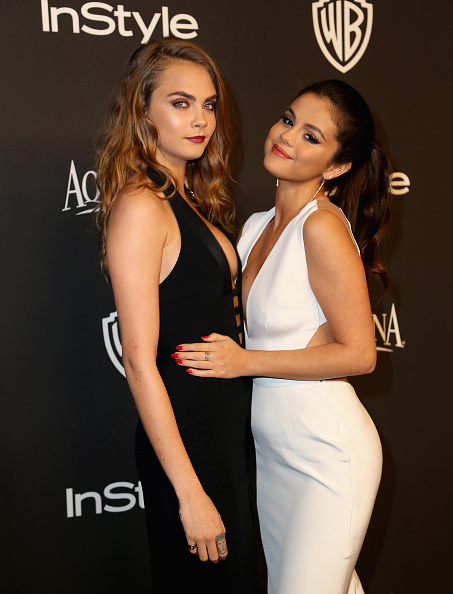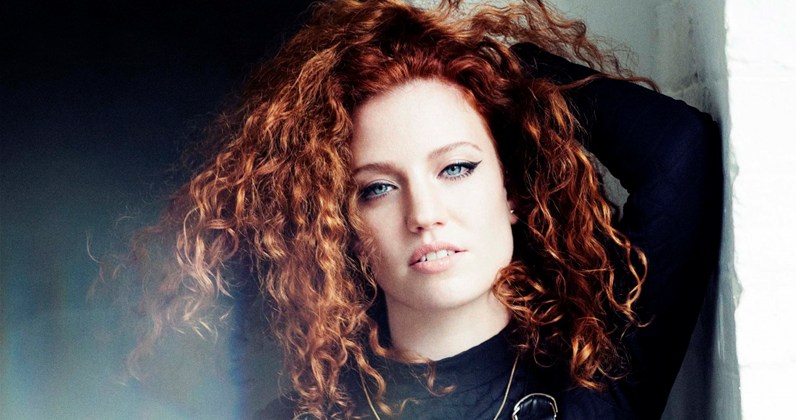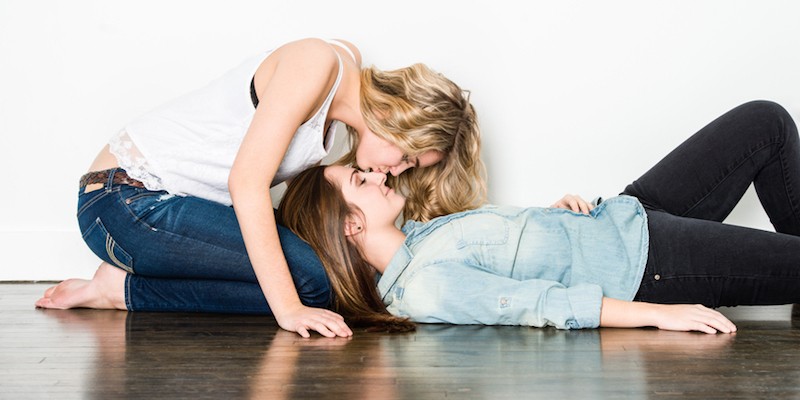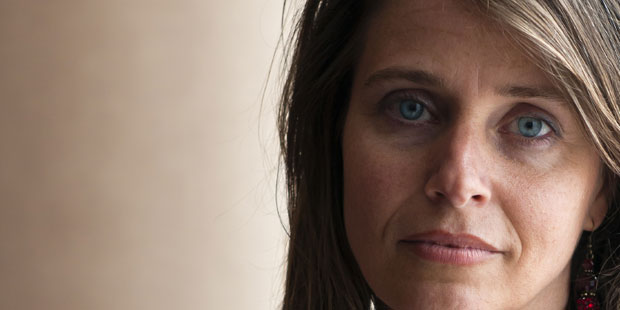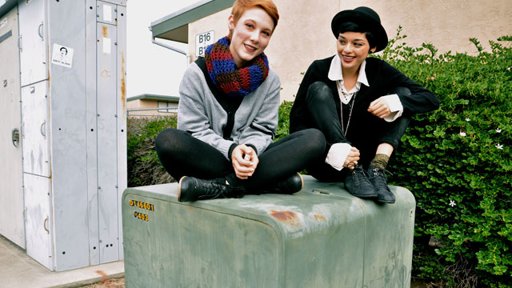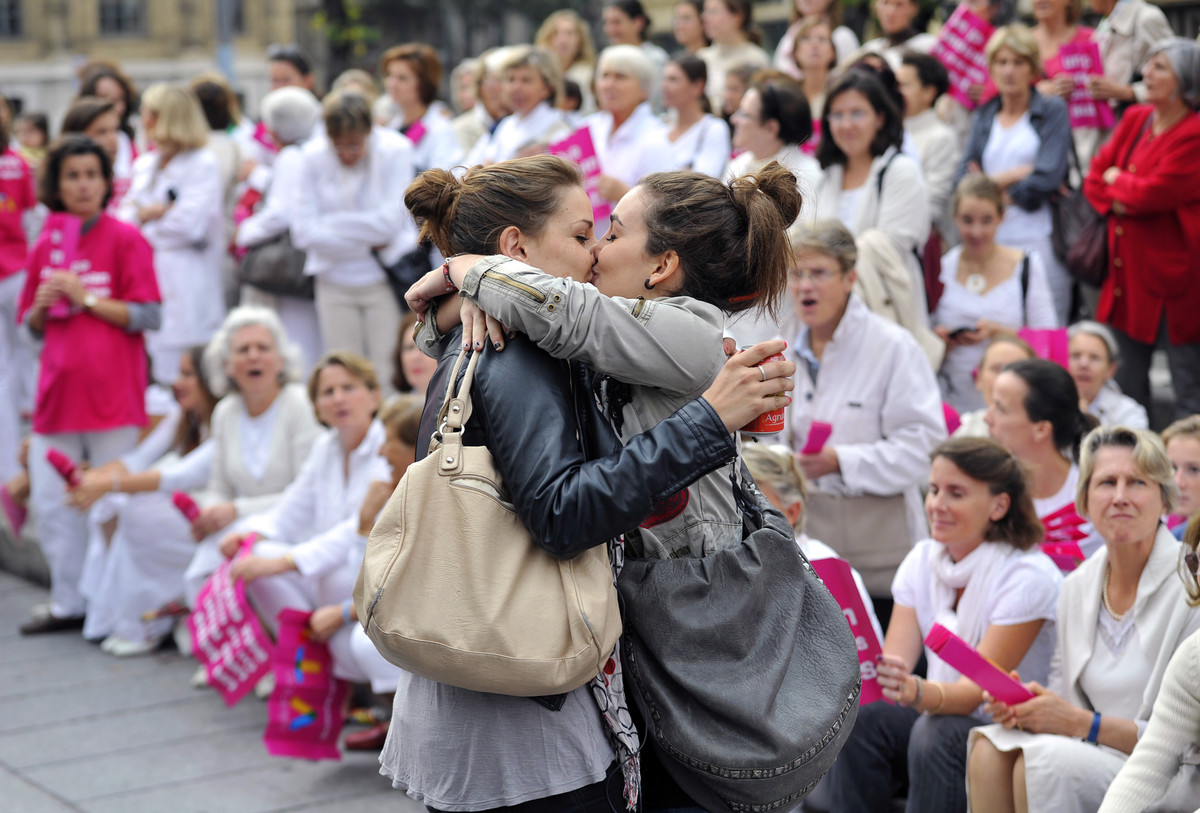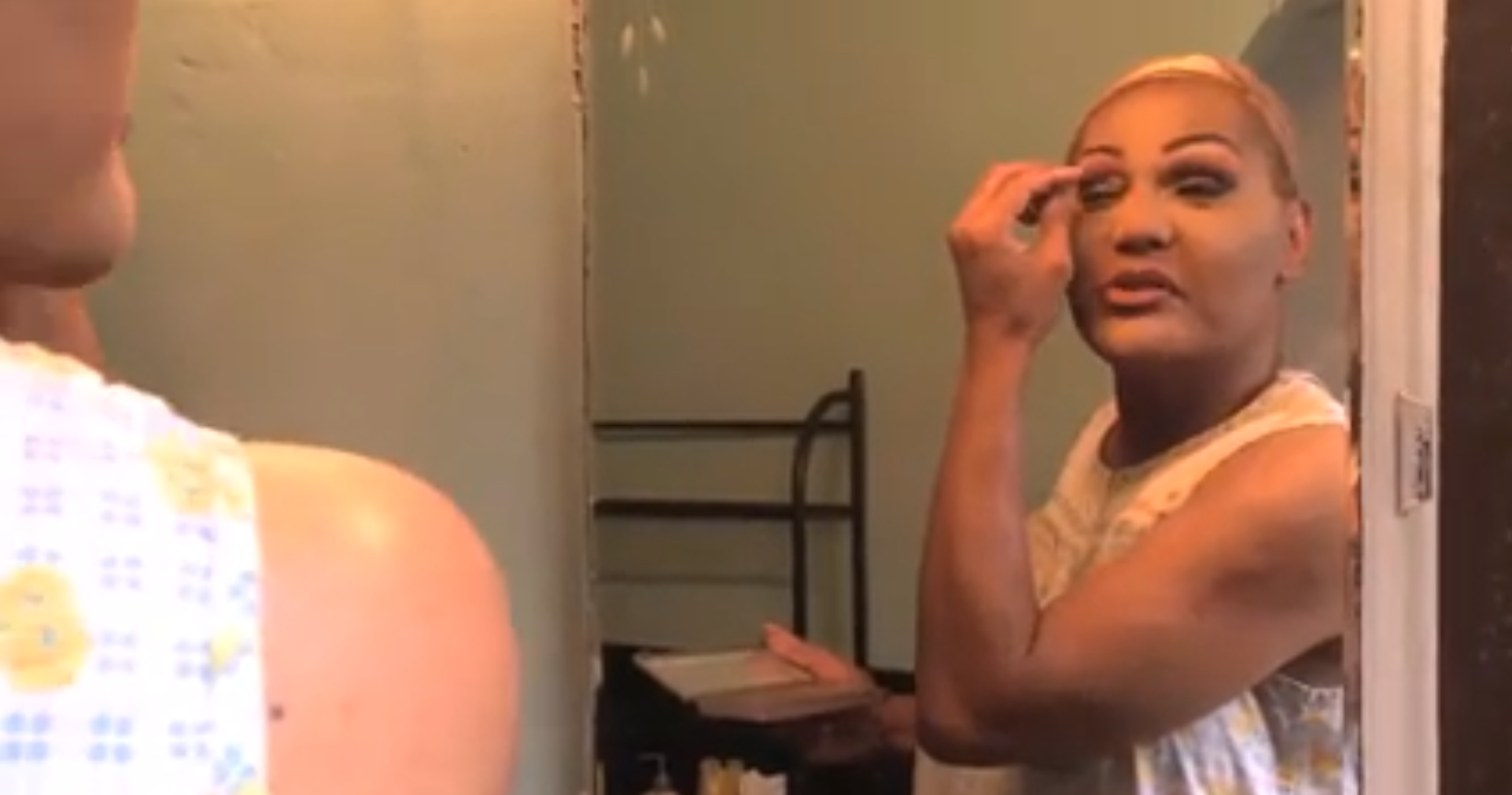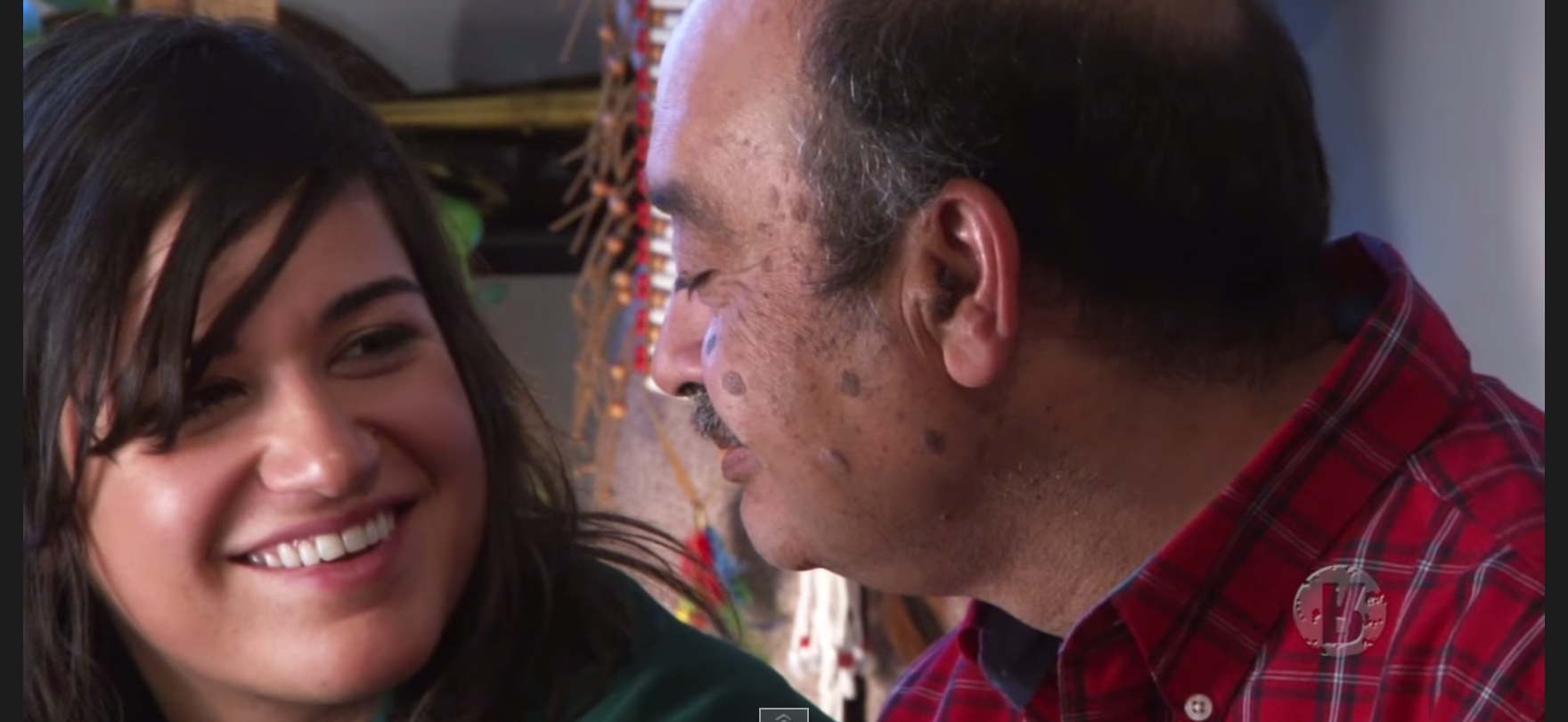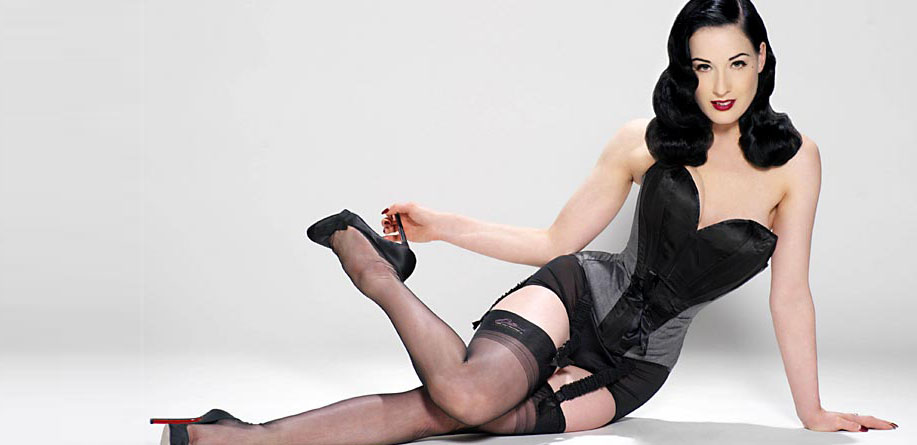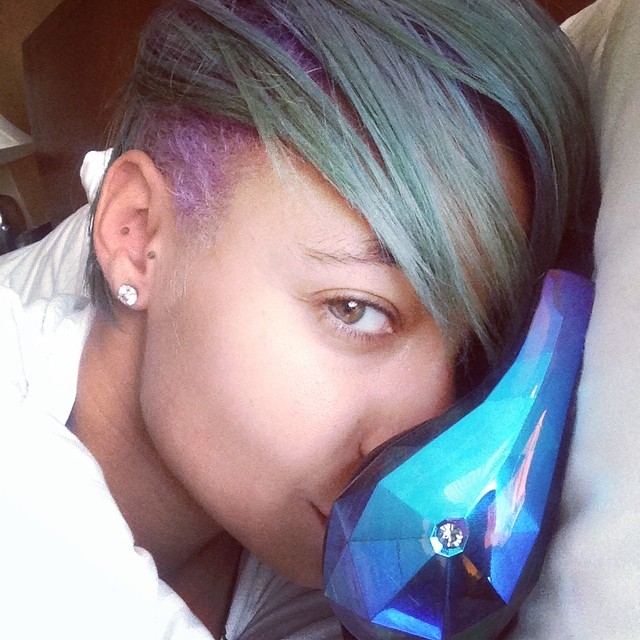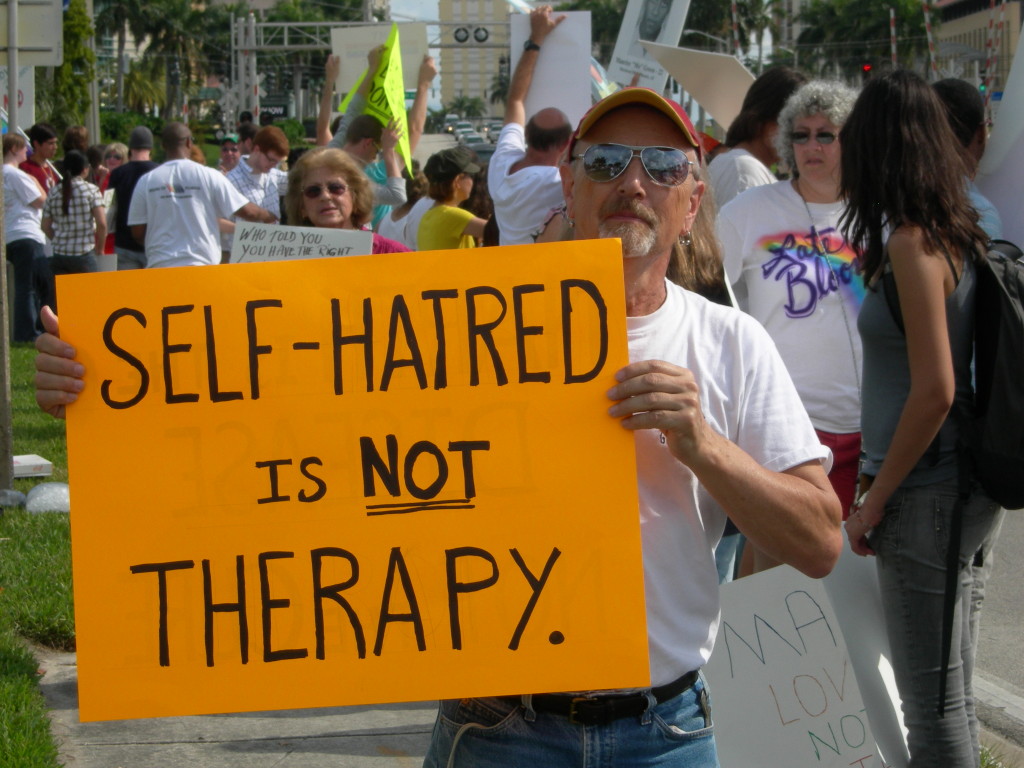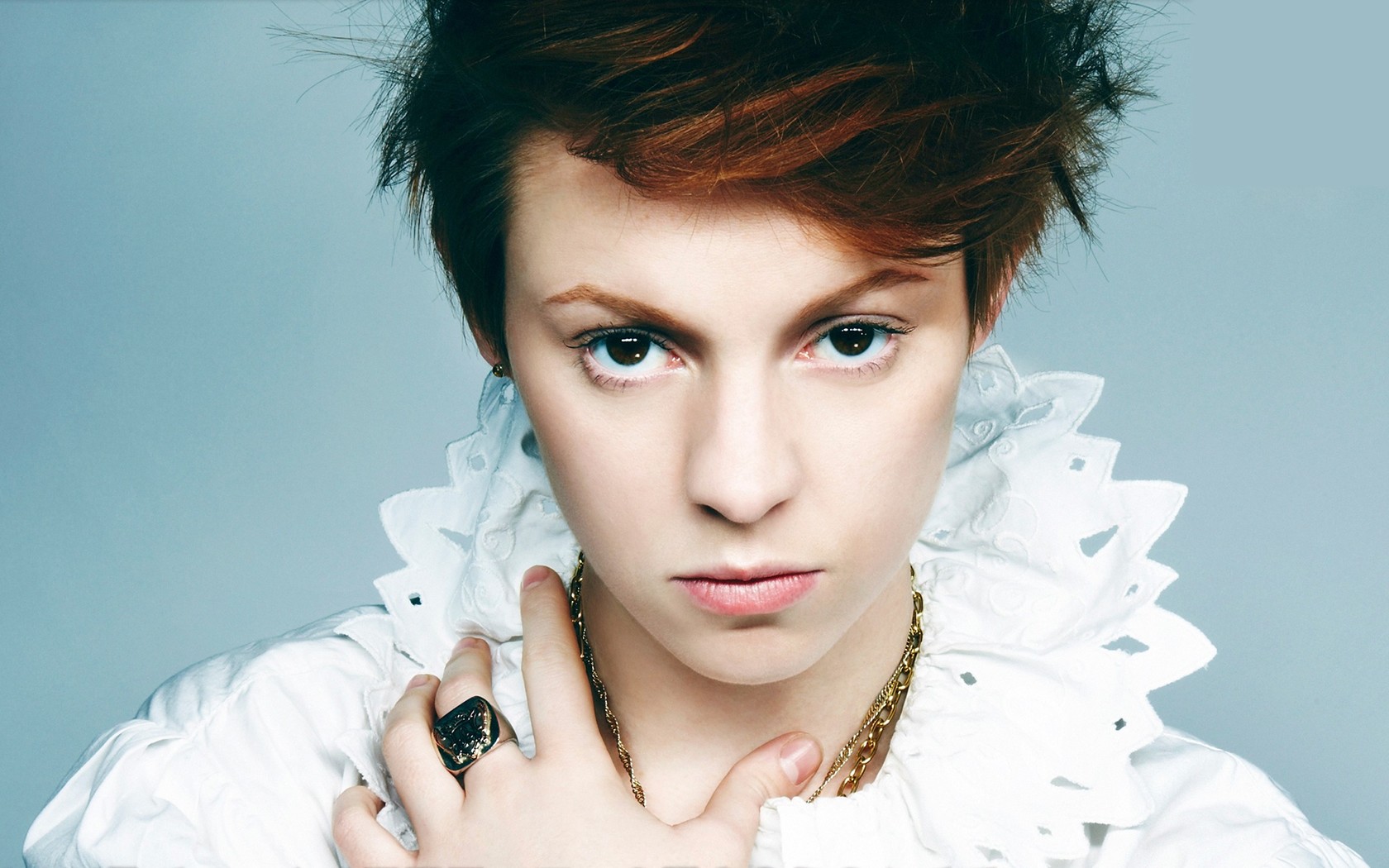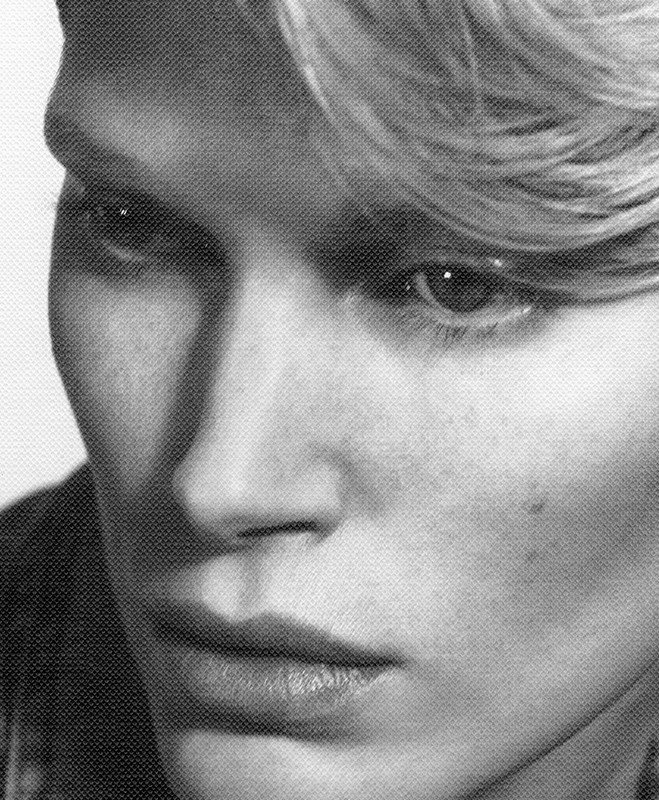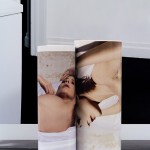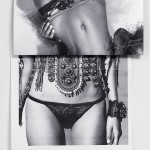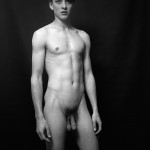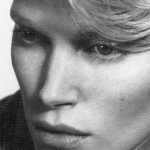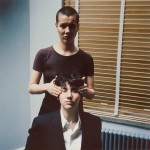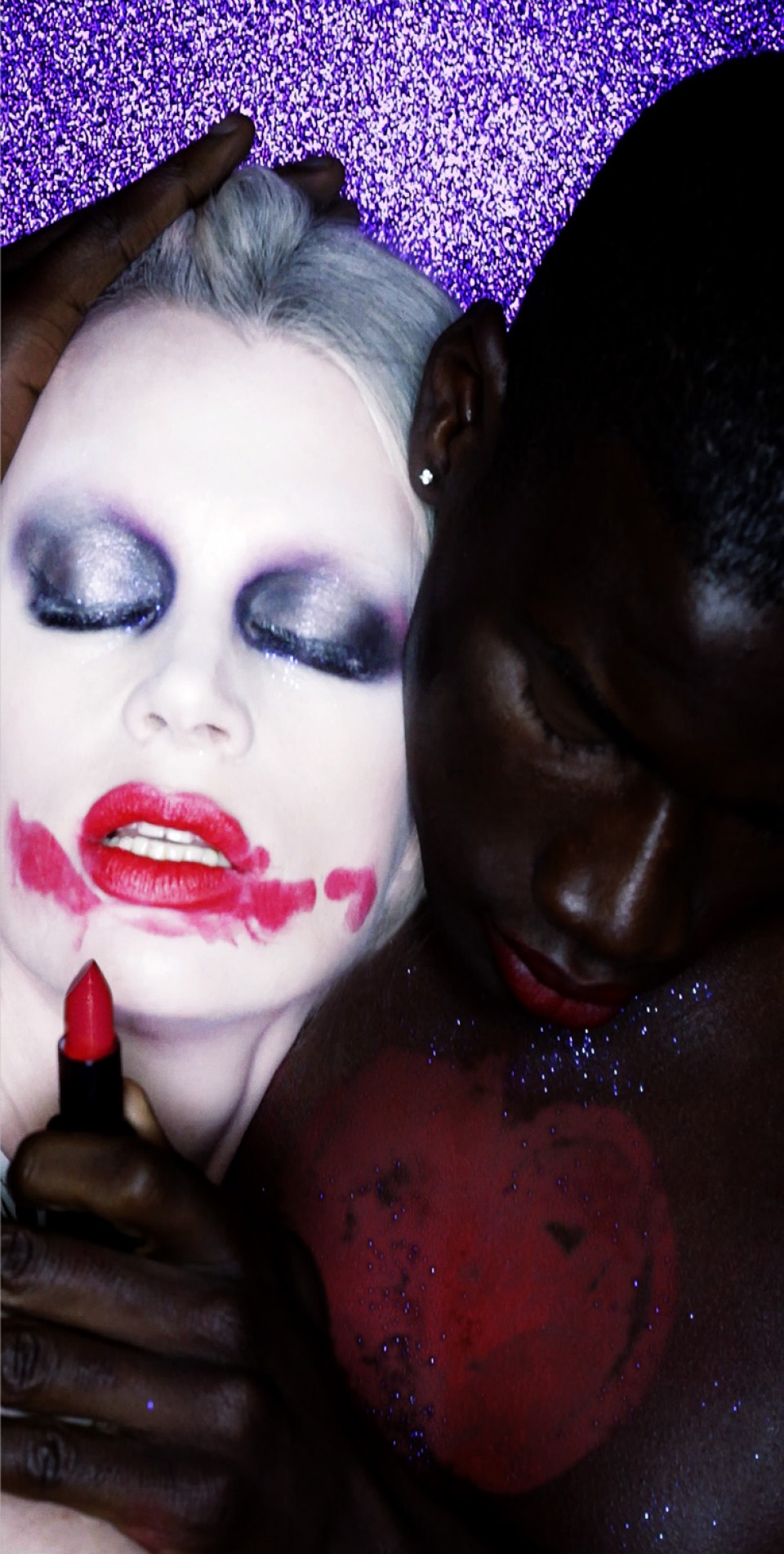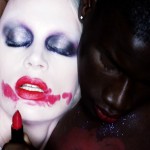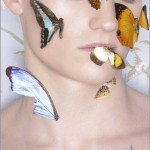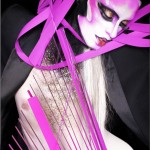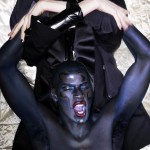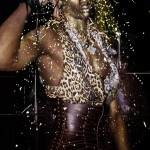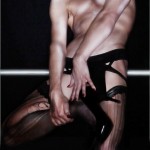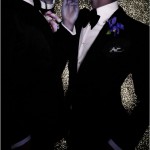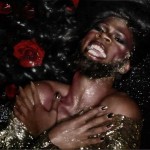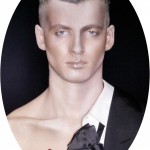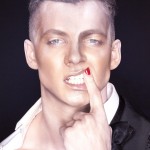As we previously reported, a new study from the University of Essex has found that straight women are pretty unique when it comes to what turns them on physiologically, compared to both straight men and gay women.
The big bombshell? Straight women are likely to be turned on by both men and women – while straight men and lesbians are likely to be turned on only by their stated preferred gender.
For the study, published in Personality and Social Psychology, researchers from Essex, Cornell University, and Northwestern University recruited nearly 500 straight, bisexual, and lesbian women in the United States to come into a lab and have their arousal levels measured in response to various sexual stimuli. The researchers then compared that arousal with each participant’s stated sexual preference.
Women were shown videos of “attractive” men and women while researchers noted subconscious responses including pupil dilation.
The researchers found that the majority of straight women (72%) were aroused by both men and women, whereas the majority of lesbians (68%) were mostly aroused by just women.
Gerulf Rieger, lead author of the study, told The Times
If you’re a man, whatever you tell me you’re attracted to I bet in the laboratory your penis will verify that. If a woman has the same conversation with me and tells me she is straight, even if she believes that, in the laboratory her body will contradict her.”
He added
I would like to stress that we did not find or say that there are ‘no straight women. Rather, we stated in the press release that even though the majority of women identify as straight, they are, in their physiological sexual responses (i.e., genital arousal or pupil dilation to images of attractive men and women) either bisexual or gay, but rarely straight.”
Why might this be? In the study, Rieger, who teaches psychology at Essex, cites one possible – albeit controversial – evolutionary explanation that is heavily debated in the scientific community. This theory is that, many millennia ago, forced copulation was standard practice among humans. And because forced sex is dangerous for a female and can result in injury to her genitals, “the female response to any sexual stimulus could have evolved in part to mitigate this risk.”
He further hypothesized that “women may have physiological sexual responses to a variety of sexual stimuli, including stimuli representing both consensual and forced sexual acts, sexual activities of non-human primates, and male and female sexual stimuli” to protect themselves when sex is unwanted.
Regardless of how it happened, we should all take a moment to acknowledge the possibility that straight women are getting turned on a lot more than popular culture would have us believe.
Let the sexual revolution begin.
[interaction id=”561262c874a791dd4b459468″]
